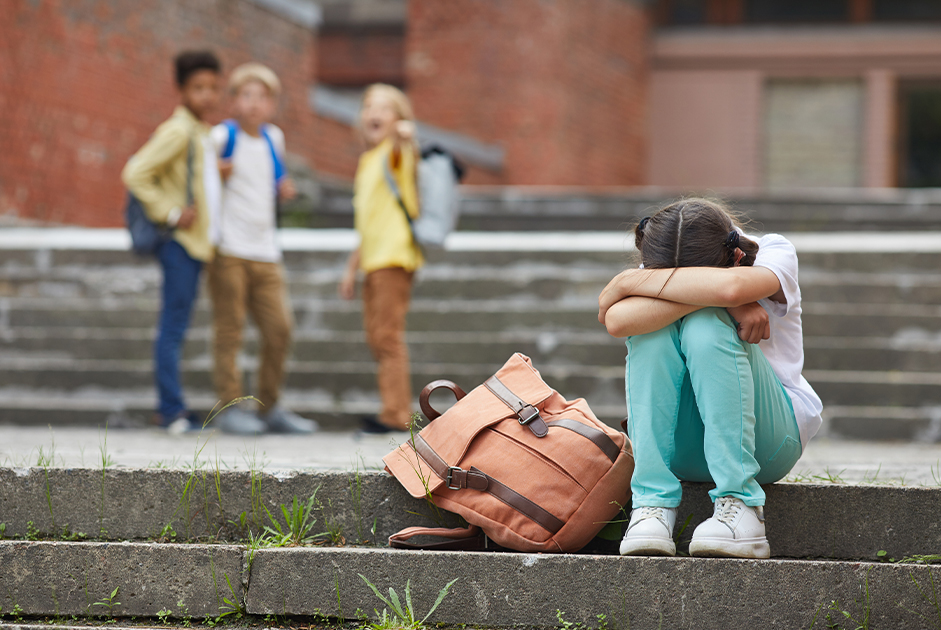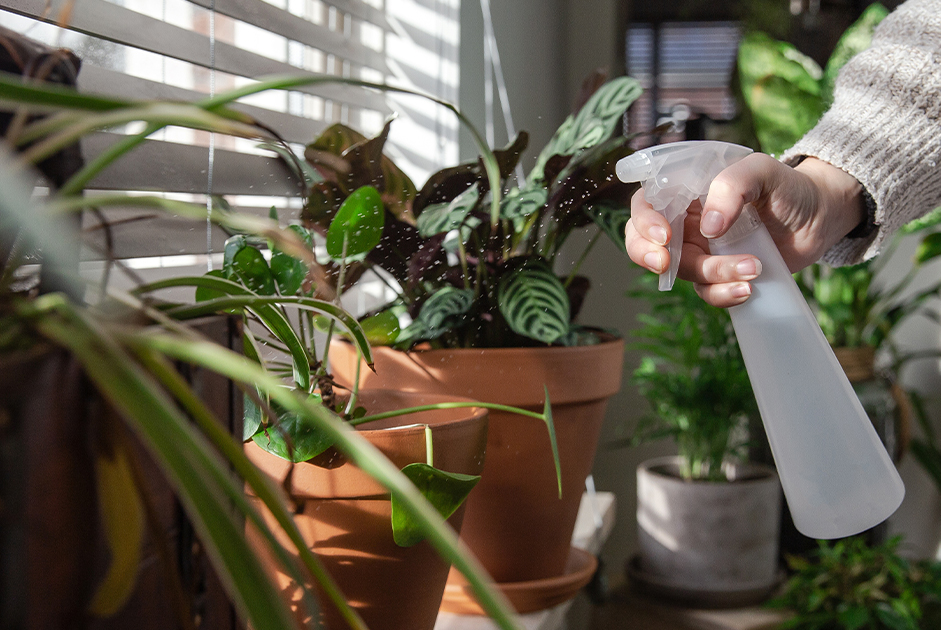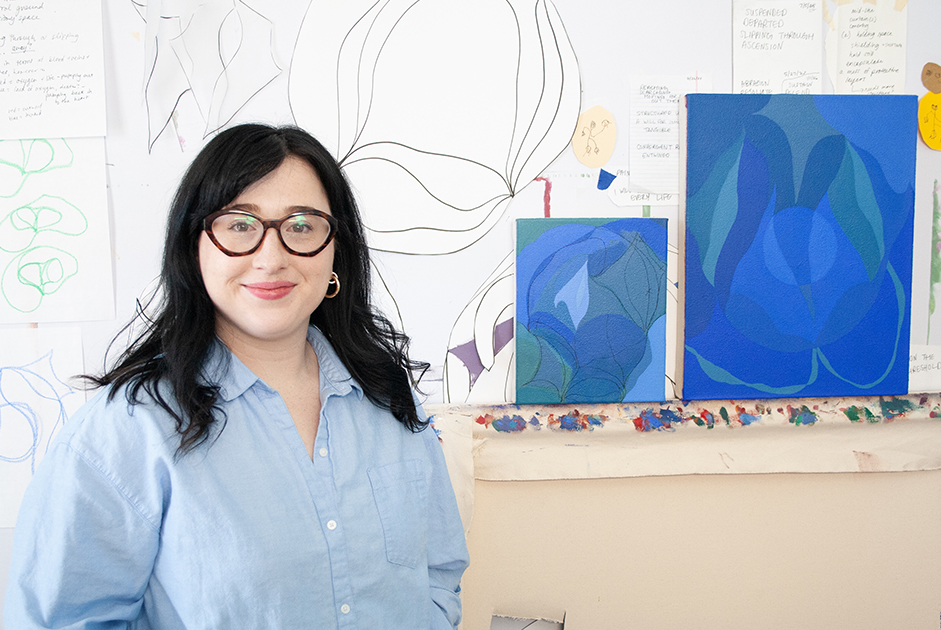by KEITH O’NEILL
Today, everyone is obsessed with bullies. Wherever you turn, someone is talking about bullying, and rightly so. According to the National Institute of Child Health and Human Development, two hundred and eighty-two thousand students are physically attacked in secondary schools each month, a child is bullied every seven minutes on a playground, an adult intervenes only four percent of the time, and peers only eleven percent. Eighty-five percent of bullying on playgrounds goes ignored. In order to stop this burgeoning social dilemma, we must first understand the mechanisms that create such disturbing behavior.
Why do bullies bully? Feelings of inadequacy, insecurity, lack of confidence, and I could mention numerous other traits, but basically, it’s low self-esteem. Bullies have little or no self-esteem and they prey on the kids who also exhibit low self-esteem. Poor self-esteem is not just the cause of bullying, it is the cause of being bullied, as well. Aye, there’s the rub. Most parents I talk with believe that bullies are the sole cause of bullying and that is not the case. This is why looking to authority figures for the cure isn’t working and parents are growing increasingly frustrated, anxious and angry.
Therefore, we need to rethink the concept that bullying, in and of itself, is the problem, because the core issue behind bullying isn’t bullying, it is the lack of self-esteem in our culture. While the hue and cry is to stop the bullies, the solution to stopping bullying must also involve the children who allow themselves to be bullied. The deeper issue behind bullying is the deterioration of a sense of self-worth, in our youth. That is the problem, it has become all pervasive and no one can do anything about it except us, the parents, caregivers and teachers.
Poor self-esteem in children has reached epidemic proportions and some saw it coming. The results of a study published in Aggressive Behavior, in July 2001 indicated that “high self-esteem protects children and adolescents from involvement in bullying. Thus, it is recommended that top priority be given by parents and teachers to preventing and reducing feelings of poor self-worth among children and adolescents.” That was true then, and it is true today. When a child has good self-esteem, the bullies can’t get to them mentally, they won’t allow it.
The need for a child in today’s society to develop high self-esteem early on in life, has become self-evident. Of course, the importance of helping children develop healthy self esteem when they are very young has always been important. Today, it is critical. Helping children develop healthy self-esteem is an important job and is the greatest gift a parent can give, because it will truly last a lifetime.
I cannot emphasize this enough, because bullying isn’t the only distressing result of sending children, who don’t love themselves, into hostile, aggressive arenas, nor is it the most pernicious. According to the American Psychological Society, “Low self-esteem during adolescence predicts poor health, criminal behavior, and limited economic prospects during adulthood.”
Children with poor self-esteem are more likely to become depressed. One of the saddest statistics that I have ever come across was issued by the Centers for Disease control – suicide is the third leading cause of death, behind accidents and homicide, of people aged fifteen to twenty-four. Even more disturbing, is the fact that suicide is the fourth leading cause of death in children between the ages of ten and fourteen.
It’s an indisputable fact that how children will feel about themselves, for the rest of their lives, depends on how their parents interact with them, when they are very young. Between birth and kindergarten, a child’s mind is like a sponge, it absorbs everything. During this critical period of development, a child’s mind is also very literal, it believes everything it hears. Before children reach the age of five, the majority of their self-image has been formed. It is during this developmental phase that their core, inner feelings about themselves are developed. These ingrained feelings will manifest themselves externally as adults, in the choices they will make, throughout their lives. Adult therapy, in essence, is the reprogramming of the insecure child inside us. Helping children develop healthy self-esteem cannot begin too early and it must be done by the parents, in the home environment.
Punishing bullies won’t stop bullying, and will not quell their desire for attention, which undesirable behavior gets them a lot of attention. Raising your own children’s self-esteem will minimize the effects bullying can have on their young minds. When children have high self-esteem, then bullying, jealousy and prejudice is minimized and prepares them for the trials and tribulation that life brings to everyone.



















